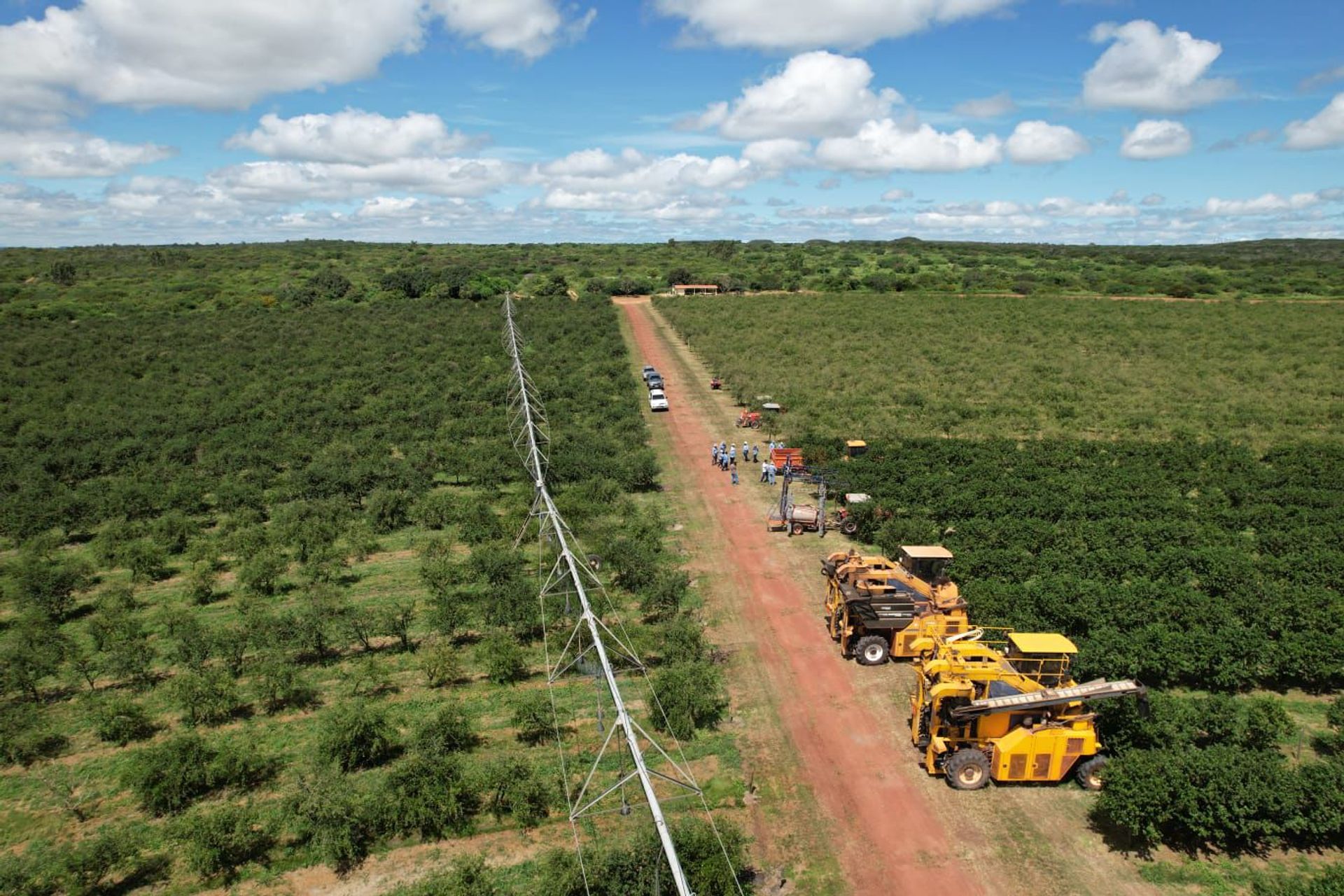Good agricultural practices include not only producing safe, quality products, but also people. Supply chains are attentive to consumer market demands regarding the dignity and well-being of the workers and communities linked to agricultural production. This concern with the social side of production motivated the creation of the GRASP standard.
GRASP certification is an add-on to GLOBALG.A.P. designed to evaluate social practices in production chains. GRASP stands for GLOBALG.A.P. Risk Assessment in Social Practice. It is a voluntary, ready-to-use module designed to assess social practices on farms, including specific aspects of workers' health, safety, and welfare.
It is possible to apply for GRASP certification either for individual farms and producers or through producer groups. Assessments may include other facilities involved in production beyond the farm, and as the case may be, subcontractors (outsourcers). The GRASP criteria assessment takes place in conjunction with the IFA audit.
What are the criteria for GLOBALG.A.P GRASP?
Employee Representation: Aims to ensure that employee demands are taken up by management.
Grievance procedure: Receipt and handling of complaints and suggestions related to the certified operation. Self-declaration on good social practices: Assures commitment to human rights.
Respect for local labor regulations: Knowledge and dissemination of the latest national standards.
Regular employment contracts: Ensures that contracts are correctly identified, documented according to local legislation.
Payments and wages: Evidence that payments are made as required by law and in accordance with contracts.
Prohibition of child labor: For Brazil, this includes compliance with the Statute of the Child and Adolescent (ECA).
Access to quality education: Guaranteeing good education for employees' children.
Regular recording of time and hours worked: Respecting the working day and recording overtime hours.
GRASP certification today involves more than 100,000 producers in more than 90 countries, with a positive impact on more than one million workers.
Need more information?
By contacting QIMA you agree to our privacy policy and terms and conditions.
What is assessed during the GLOBALG.A.P. GRASP certification?
Legal requirements regarding control points (such as minimum wage, legal age of employment, working hours, etc.) differ from country to country. Where requirements are more stringent, local legislation takes precedence over GRASP, i.e. the law of the country must be followed. Where there is no legislation (or legislation is not as strict), GRASP provides the minimum compliance criteria for a good social management system.
Among the control points and compliance criteria defined are the following topics:
Employee Representatives: Defines the structures for employee representation with the enterprise management.
Grievance procedure: To ensure that workers' suggestions and complaints are considered by management Good social practices: Commitment of the enterprise with regard to human rights, according to the guidelines of the International Labor Organization (ILO).
Access to national labor regulations: To ensure that there is respect for local, regional and national labor laws and rules.
Labor Contracts: This item evaluates labor contracts to prove that they are regular.
Wages: The standard defines that they must be paid regularly, transparently and according to the hours actually worked.
Non-employment of Minors & Access to Schooling: It is mandatory to demonstrate that minors living on the farm have their rights respected.
For each of these points a check is made by the auditor or inspector, who will determine whether compliance is demonstrated by the enterprise.
To make these requirements transparent to producers, auditors and inspectors, multi-sector groups in each location develop national GRASP interpretation guidelines, including in Brazil. Learn more about the national interpretation guidelines by checking the GRASP database by clicking here.
Why GLOBALG.A.P GRASP Certification?
Improve your farm's social management system.
Strengthen workers' rights.
Establish communication channels between management and workers.
Achieve a better position among suppliers and buyers through transparent communication.
Reduce the risk of social legal noncompliance.
Why choose QIMA for GLOBALG.A.P GRASP Certification?
Seamless Communication & Service
Responsive technical support at every stage
Transparent certification process & on-time certification delivery
Exceptional service quality validated by 72 NPS score
Cost & Time Optimization
Multi-scheme audits reduce site visits and costs
Streamlined processes minimize operational disruption
Optimized local auditor deployment
Industry Leadership
30+ years pioneering food safety, organic, and sustainable standards
Comprehensive farm-to-fork certification ecosystem
Advanced technology for compliance monitoring
